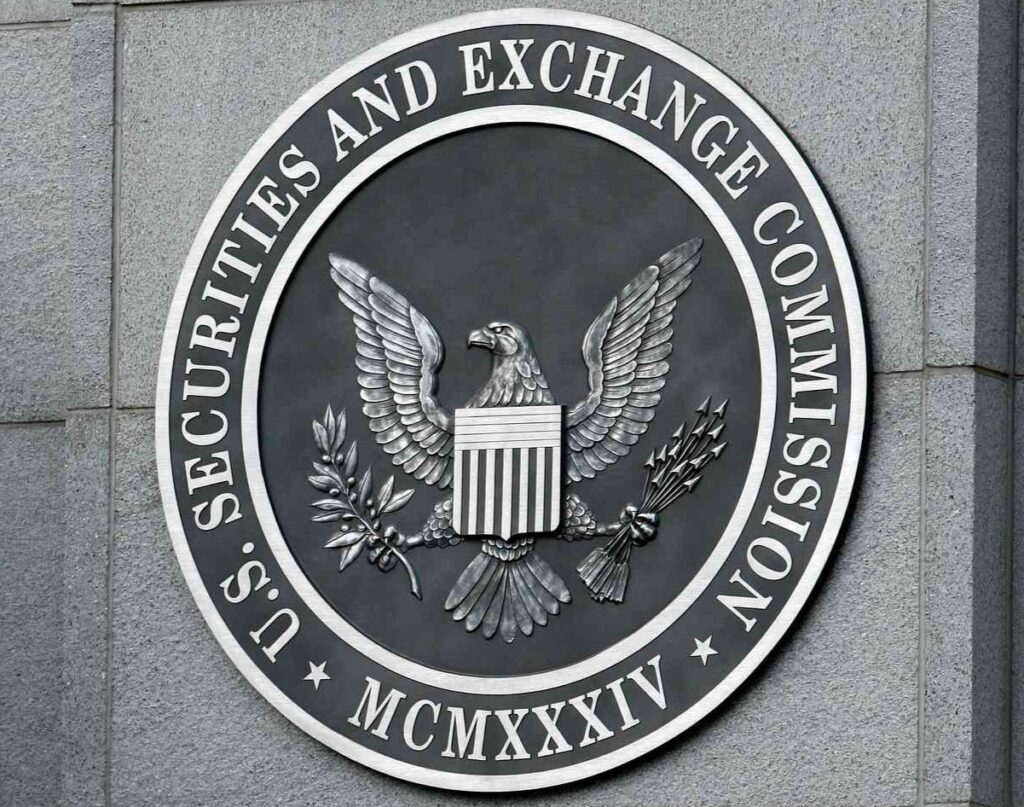In a surprising decision, the U.S. Securities and Exchange Commission (SEC) has withdrawn its legal defense of climate disclosure rules, leaving the future of mandatory corporate environmental reporting uncertain. This move has drawn sharp criticism from investors managing $50 trillion in assets, who advocate for increased transparency on climate risks.
The SEC, under Acting Chairman Mark T. Uyeda, has decided to halt its defense of the climate disclosure rules, citing concerns over compliance costs and regulatory overreach.
“The goal of today’s Commission action and notification to the court is to cease the Commission’s involvement in the defense of the costly and unnecessarily intrusive climate change disclosure rules,” Uyeda stated.
These rules, originally introduced in March 2024 under former Chair Gary Gensler, aimed to enhance corporate accountability by mandating the disclosure of climate risks and greenhouse gas emissions. However, they faced strong opposition from industry groups and multiple legal challenges, leading to today’s decision.
Commissioner Caroline Crenshaw openly criticized the SEC’s retreat, arguing that the decision undermines investor interests:
“The Commission is hoping to let someone else do their dirty work. The vigorous demand by the investing public for the climate reporting rule has not changed.”
Investor groups, including those managing trillions in assets, expressed disappointment, stressing that climate risk data is crucial for informed decision-making. Steven M. Rothstein, Managing Director at the Ceres Accelerator for Sustainable Capital Markets, underscored the setback:
“Investors have clearly indicated they require better disclosure. With $50 trillion in assets under management broadly supportive of the rule, this decision is a step backward in helping investors and other market participants manage climate-related financial risks.”
While the SEC’s decision reflects ongoing regulatory debates, it raises concerns about the broader implications for climate finance. Transparency in environmental reporting remains a key priority for global investors, and the SEC’s withdrawal may hinder progress toward standardized climate risk disclosures.
A more balanced approach—potentially revising the rule to address compliance concerns while maintaining core transparency measures—could have offered a middle ground. The SEC’s next steps will be critical in shaping the regulatory landscape for climate-related financial disclosures.
With the SEC stepping back, the fate of climate disclosure rules now lies in the hands of the courts. If the judiciary rules against the regulations, it could significantly weaken corporate climate accountability in the U.S. However, investor advocacy and market-driven sustainability commitments may still push businesses toward greater transparency, even in the absence of formal SEC enforcement.
As the debate unfolds, the financial sector will closely monitor whether this retreat marks a temporary pause or a long-term shift away from climate-focused financial regulation.
